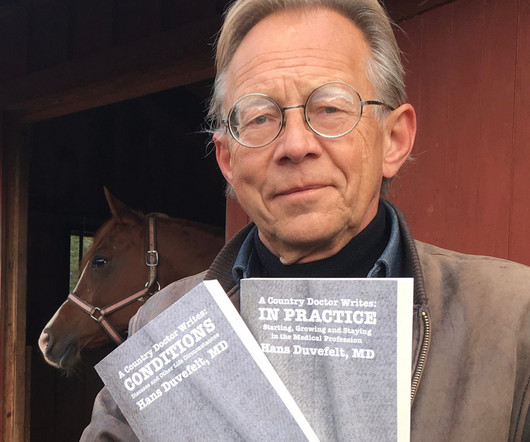The Power of Words, 16 Years Later
A Country Doctor Writes
MAY 18, 2025
If a primary care patient was going through a difficult time with their social life or mental health, we would walk them down the hall to meet a therapist right then and there. The organization now employs a single psychiatric nurse practitioner for medication management. No counseling is offered.

















Let's personalize your content